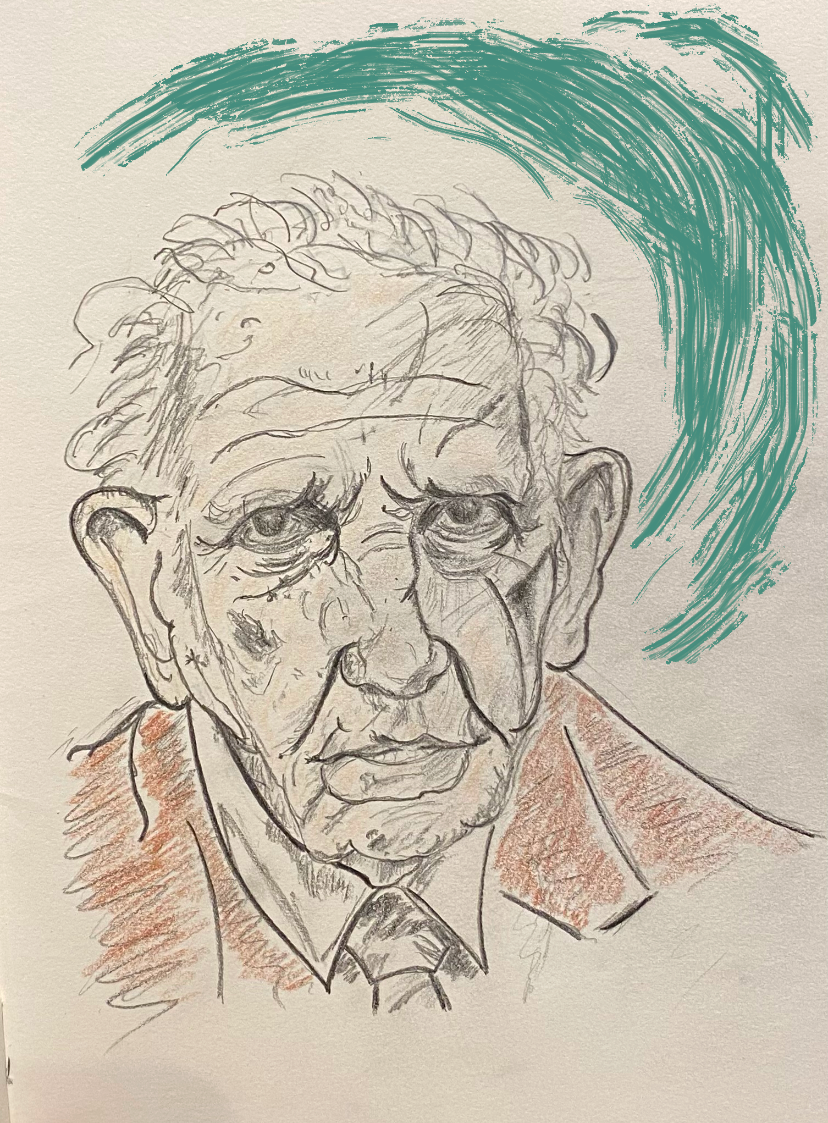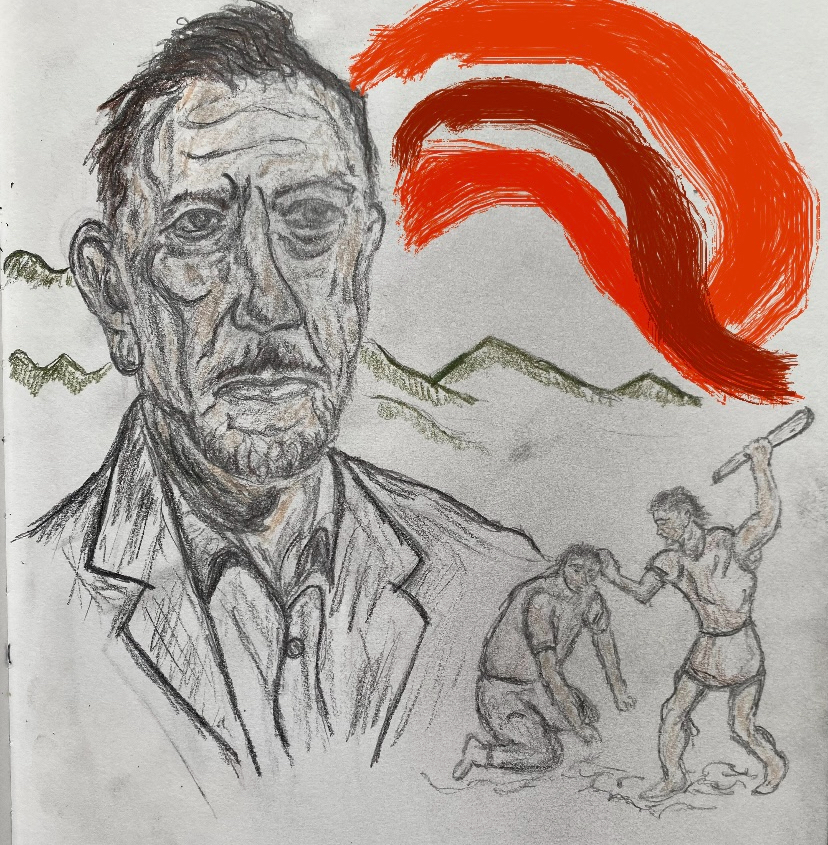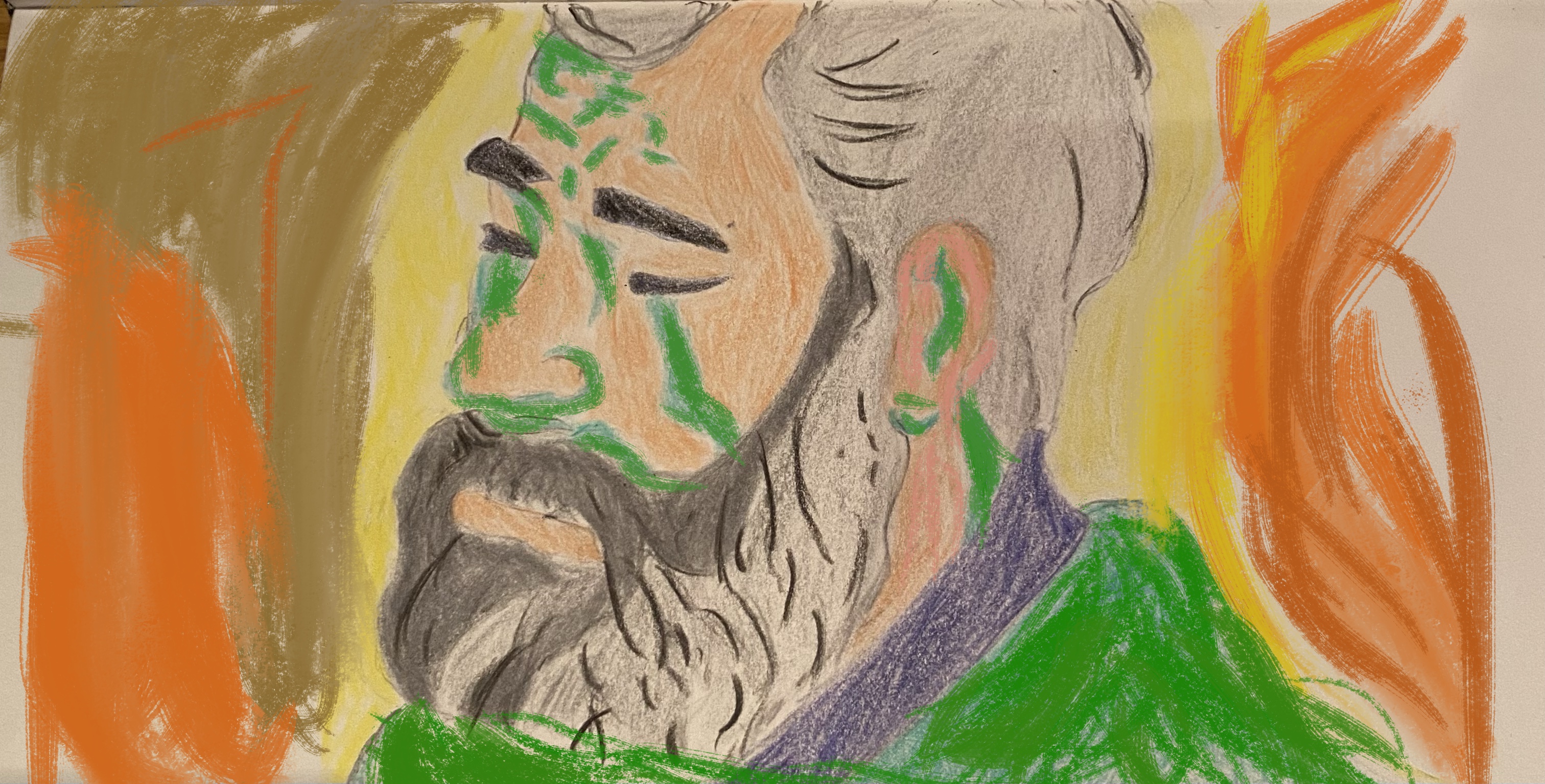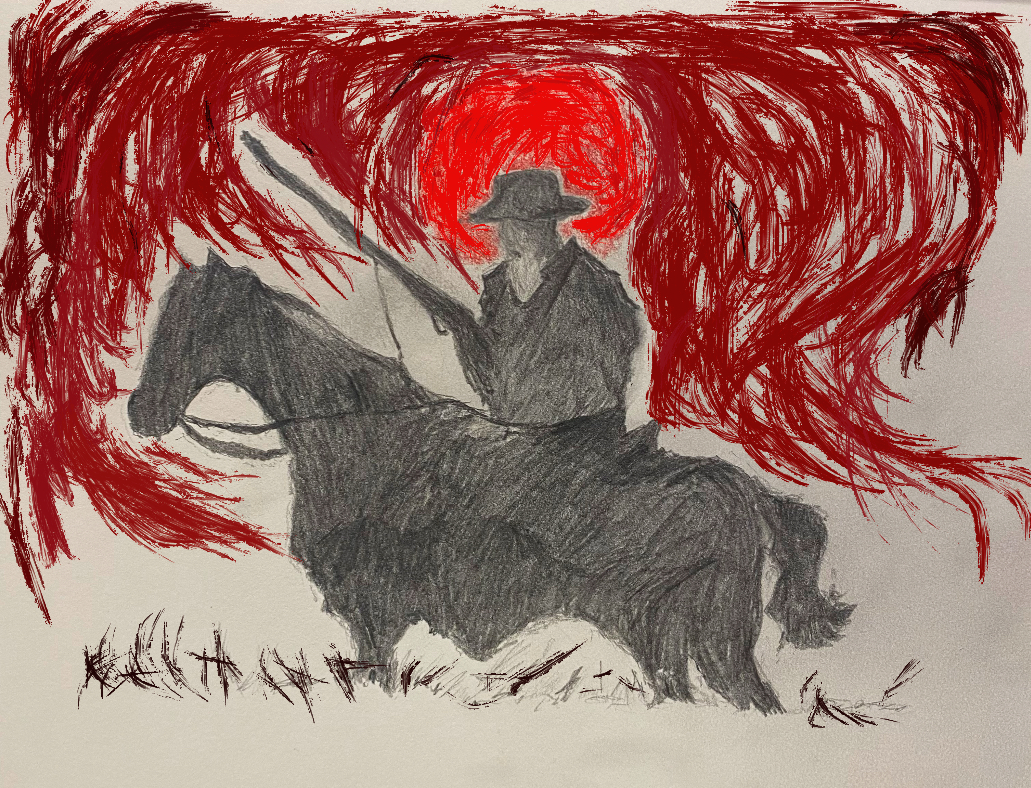
The Paradox of Wisdom
This essay reflects on Nietzsche’s Ecce Homo and the limits of philosophical system-building, arguing that true wisdom lies in recognising the inadequacy of our concepts in language, economics, and metaphysics, and in embracing humility in our human constraints.
Read





